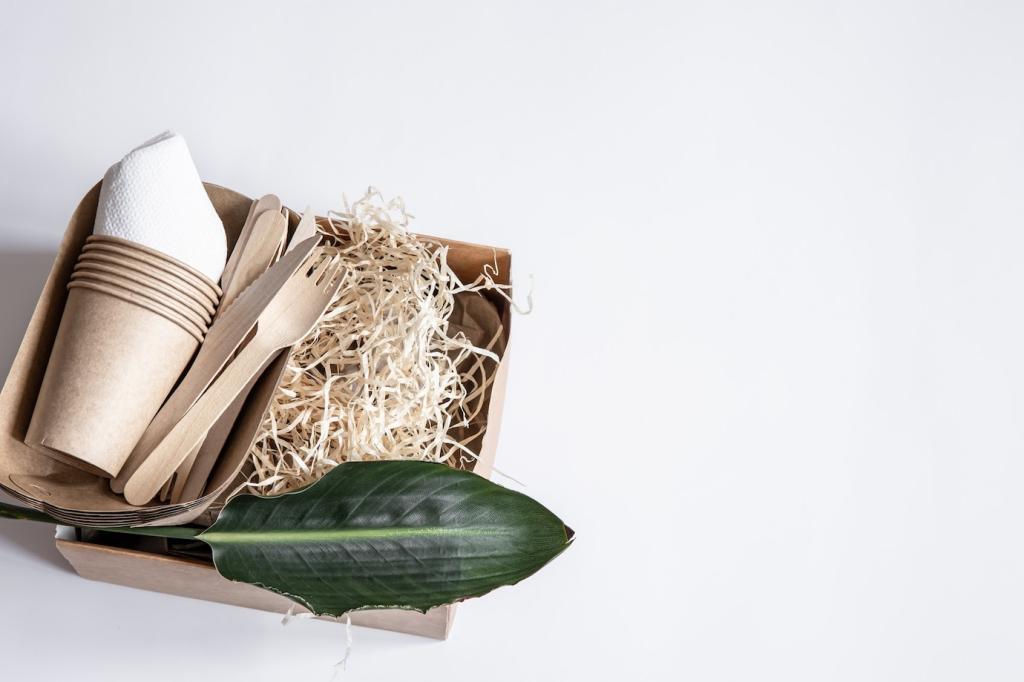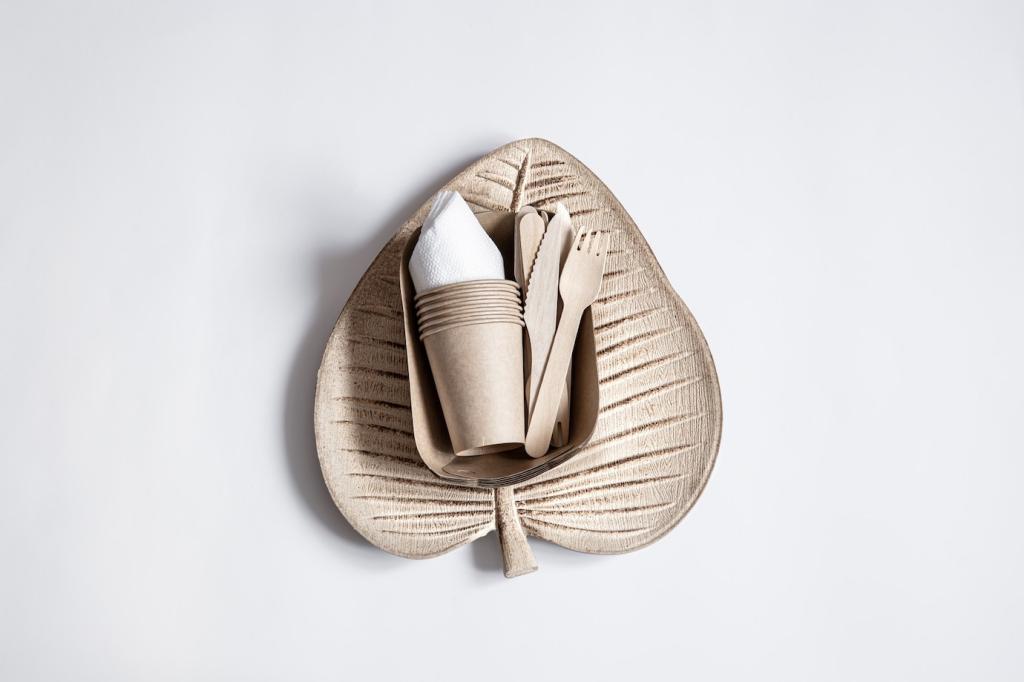The Core Principles: Less Stuff, More Planet
When objects earn their place by doing one job beautifully, we buy less and waste less. Fewer things mean fewer factories running, fewer trucks shipping, and fewer boxes tossed. Share your most purposeful object in the comments.
The Core Principles: Less Stuff, More Planet
Minimalism celebrates materials in their true form, which encourages choosing durable, low-toxicity options like solid wood, recycled aluminum, and wool. Honest materials age gracefully, reduce replacements, and keep indoor air healthier for longer.







